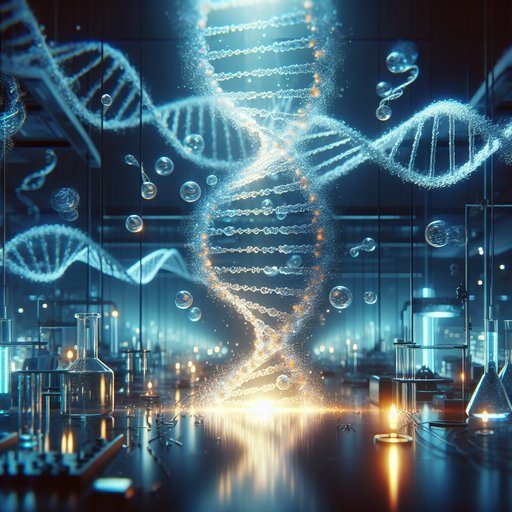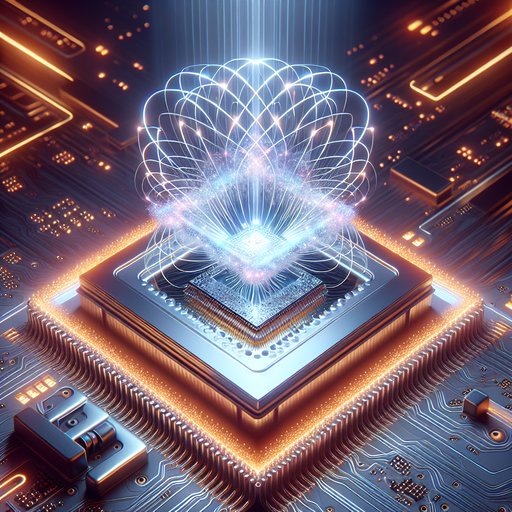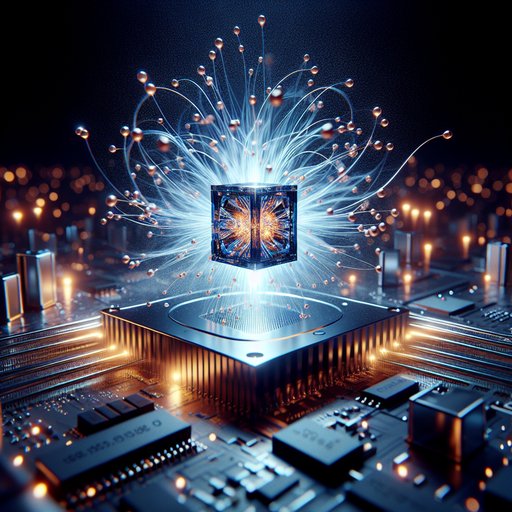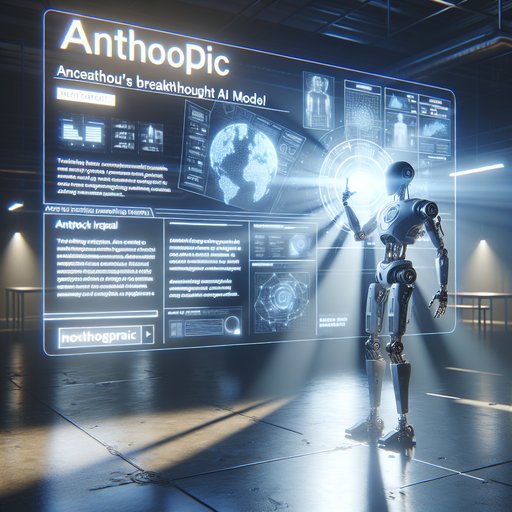
Google has unveiled its latest artificial intelligence breakthrough with Gemini 2.5 Deep Think, a sophisticated AI model that employs multiple agent pathways to tackle complex problems. The system, now available to enterprise customers for $250 per month, represents a significant advancement in problem-solving capabilities through distributed AI processing [1].

Scientists have achieved a significant advancement in CRISPR technology by developing a new method to modulate gene expression through RNA-sensing guide RNAs in both mammalian cells and zebrafish embryos. This breakthrough, published in [1], represents a major step forward in our ability to control genetic activity with unprecedented precision, opening new possibilities for both research and therapeutic applications.

In a remarkable week for quantum computing, researchers have announced two major advances that could accelerate the development of practical quantum computers. Scientists have successfully created the first-ever antimatter qubit, while a separate team has achieved a groundbreaking low error rate in quantum computations, marking significant progress toward more reliable and efficient quantum systems.

In a groundbreaking discovery, scientists have detected complex organic molecules - the fundamental building blocks of life - in a distant star system using the powerful Atacama Large Millimeter/submillimeter Array (ALMA). This finding provides compelling evidence that the ingredients necessary for life may have originated in interstellar space, challenging our understanding of how life-essential compounds are distributed throughout the universe [1].

Quantum computing leapt into a new frontier as researchers at CERN announced the creation of the first-ever antimatter qubit. By harnessing the quantum state of a single antiproton, physicists achieved what was previously considered impossible, demonstrating that even antimatter can serve as a quantum information unit. This historic experiment opens fresh avenues of research, with the potential to deepen our understanding of the most foundational aspects of the universe, and may pave the way toward quantum technologies with unprecedented capabilities [1] [2].

A promising advancement in renewable energy technology has emerged with the latest innovation in battery storage: the CO₂ Battery. This novel approach aims to solve one of the most pressing challenges in the global transition to renewable energy—reliable, efficient, and scalable energy storage for the grid. Developed specifically for large-scale deployment, the CO₂ Battery stands out for its cost-effectiveness, sustainability, and performance, potentially marking a turning point in the way renewable energy is managed and delivered to consumers [1].

Astronomers are celebrating an extraordinary cosmic discovery, as NASA announced that its famed Hubble Space Telescope and Chandra X-ray Observatory have captured a rare event rarely witnessed in the universe: a unique black hole consuming a star. This collaborative observation offers invaluable insights into the extreme environments where black holes and stars intersect, deepening humanity’s understanding of some of the universe’s most dramatic phenomena. The teamwork between these two cutting-edge telescopes demonstrates yet again how multi-wavelength astronomy can unlock the mysteries of cosmic violence in faraway galaxies [1].

Telecommunications technology made headlines this week as Chinese operators showcased a working 6G network that shattered previous data transmission records. This demonstration, in which researchers achieved ultrafast download speeds far beyond current 5G capabilities, highlights the rapid pace at which global connectivity continues to evolve. With the industry just beginning to roll out advanced 5G devices, these promising developments signal a new chapter in mobile communications—one that could reshape everyday experiences and digital infrastructure in the years ahead.

The cybersecurity landscape experienced significant turbulence as multiple revelations surfaced on July 25, 2025. Organizations worldwide are responding to a series of high-profile incidents, most notably a newly disclosed zero-day vulnerability in Microsoft SharePoint actively exploited by sophisticated attackers. These events have placed a spotlight on the urgency of improved cyber defenses, rapid patching, and policy action to counter escalating threats ranging from data breaches to ransomware campaigns.

On July 24, 2025, the artificial intelligence community is abuzz as Anthropic’s revolutionary AI model continues to redefine what is possible in automated coding. Released the previous summer, this advanced system has steadily gained recognition for its remarkable proficiency in code generation and problem solving, marking a pivotal shift in both AI capability and developer productivity. As technologists and companies explore its far-reaching influence, this innovation stands as a testament to the rapid evolution of artificial intelligence and its transformative impact on robotics and software engineering [1].
























